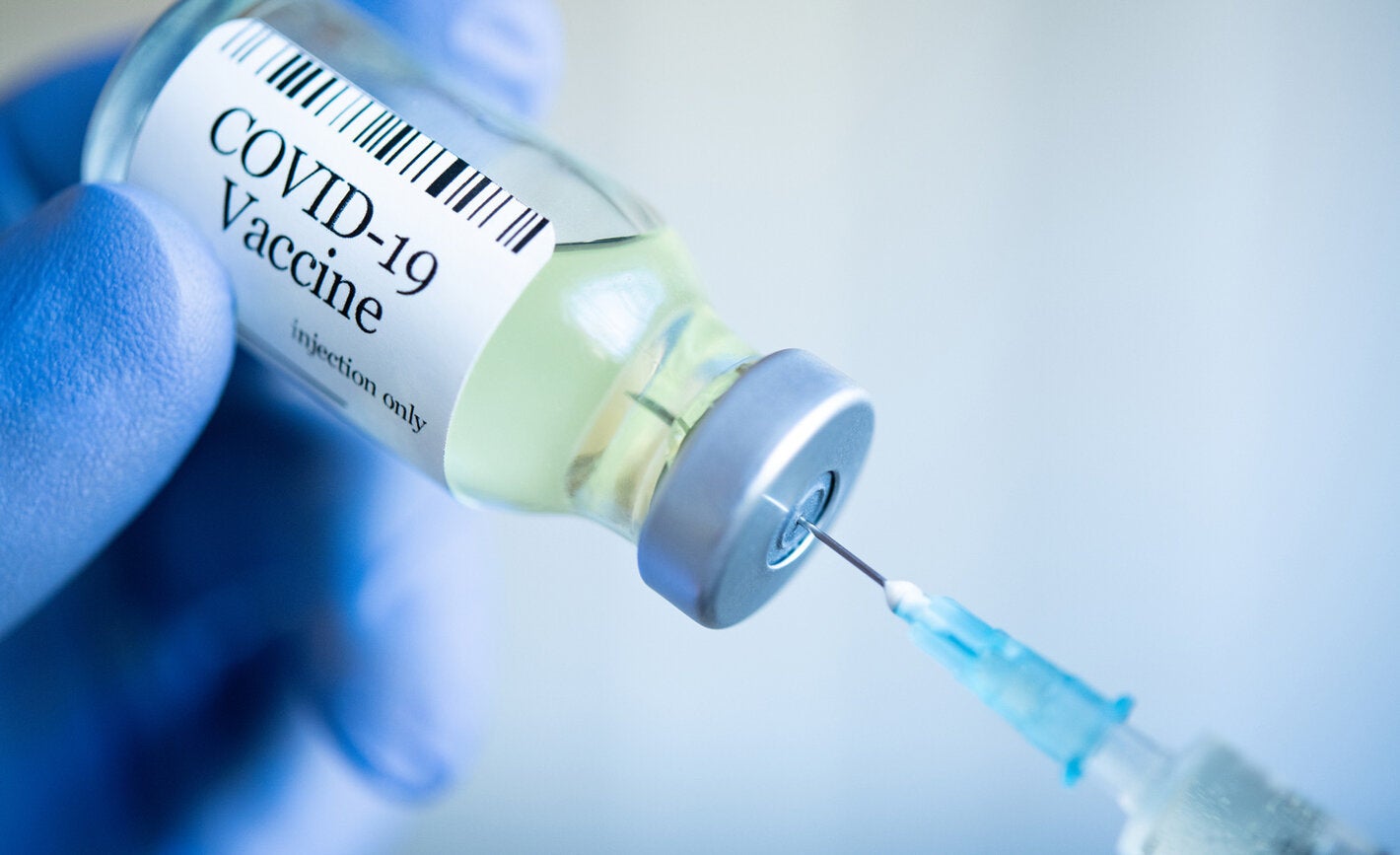Vaccine inequality: USA blasted as cases in the developing world skyrocket
Americans see the light at the end of the tunnel in their fight against COVID-19, but they are not making many friends worldwide. Americans have had it rough throughout the coronavirus pandemic – but there are signs of optimism in the world’s most badly affected nation. Many health experts and politicians speak almost celebratory as cases begin to drop again and the vaccine rollout continues at a breakneck pace. Now around 42 percent of Americans have received at least one dose of a vaccine, and one-in-four are fully vaccinated.
One major Miami hospital said it would begin winding down vaccinations because of excess supply and weakening demand while high school students get their jabs in Michigan. However, a very different story is emerging in the developed world – where the celebratory tone of some Americans is not going down well, especially considering the US is blocking the export of raw materials to make the vaccines. In India, for example, a nightmare is unfolding with record new daily cases of more than 300,000 infections racking up each day and citizens dying on the streets as the nation’s health care system is pushed to the brink.

While cases have dropped or plateaued in many developed nations with successful vaccine rollouts in recent weeks, the trend in developing countries has not been positive. Globally, the number of new cases per week has nearly doubled since February, according to the World Health Organisation (WHO). That trend has been felt in some developing nations twith thehighest infection rates yet. Thailand, which had long avoided the worst virus, is grappling with a spiraling caseload. In contrast, Brazil has seen its deadliest month yet, with nearly 68,000 reported fatalities in April, even though there is still almost a week to go.
Seeing the disparity between developed nations and others, African countries such as Namibia and Kenya say there is now a “vaccine apartheid”. Former Liberian president Ellen Johnson Sirleaf expressed frustration, telling the world should be treating “vaccines as a global good to save humanity”. “They cannot treat it as apartheid,” she said. “They cannot say because you’re poor, you will not be vaccinated; only the rich will be.” The WHO has also spoken of a “shocking and expanding disparity” in vaccine rollouts across the globe. “It’s outrageous ethically, morally, scientifically,” said Maria Van Kerkhove, an epidemiologist with the WHO on global vaccine inequities.
“We have all the kindling to start fires everywhere. We’re sitting on a powder keg.”
That outrage is beginning to be expressed in some nations seeing their cases rise.
Despite the disaster unfolding in India, the US has refused to lift a ban on the export of raw materials that the India-based Serum Institute said it needs to increase the production of vaccines.
In response to questions about the export ban, the state department spokesman, Ned Price, said, “he United States first and foremost is engaged in an ambitious and effective and, so far, successful effort to vaccinate the American people”.
“It’s not only in our interest to see Americans vaccinated,” he said. “It’s in the interests of the rest of the world to see Americans vaccinated.” His comments have not gone down well in India, where 346,786 new cases have been recorded in the last 24 hours.
“By stockpiling vaccines & blocking the export of crucial raw materials needed for vaccine production, the United States is undermining the strategic Indo-US partnership,” Milind Deora, a politician from Mumbai, one of the hardest-hit cities, said on Twitter.
Humanitarian groups like Human Rights Watch said they saw this imbalance coming.
A statement said that the “world desperately needs to scale up vaccine manufacturing to achieve universal and equitable vaccine access”.
It said that vaccine doses had reached over 100 countries by the end of February, but more than half of all the amounts had gone to just two countries, and 80 percent had gone to 10 countries.
While the number of vaccine doses administered worldwide has doubled in less than a month, around half, have been in high-income countries.
The 29 lowest-income nations have received 0.1 percent.
“In short, the world is in exactly the situation that Human Rights Watch and many others had been warning against,” the group said
“The devastating impact of inequitable distribution – in which large portions of the world’s population, including the most at-risk populations within individual countries, do not have timely access to a safe and effective vaccine – should not be underestimated.
“Universal and equitable vaccine access is needed to save lives, prevent people from experiencing severe illness and potential long-term negative health impacts, ensure that children return to school, and enable economies to rebuild and families to make ends meet.”
The scramble for vaccines has seen ugly political spats break out in other regions, with China and Russia accused of “vaccine diplomacy” by offering homemade jabs to strategic allies.
Britain and the EU became embroiled in an unseemly post-Brexit row over access to vaccines as the bloc came under fire for a shambolic start to the vaccine rollout.
The Soufan Center, an independent research body on global security challenges, described the escalating situation as a “new arms race”. “Getting these vaccines into the arms of billions of people is now the most pressing challenge for the international community,” it said in a statement.


